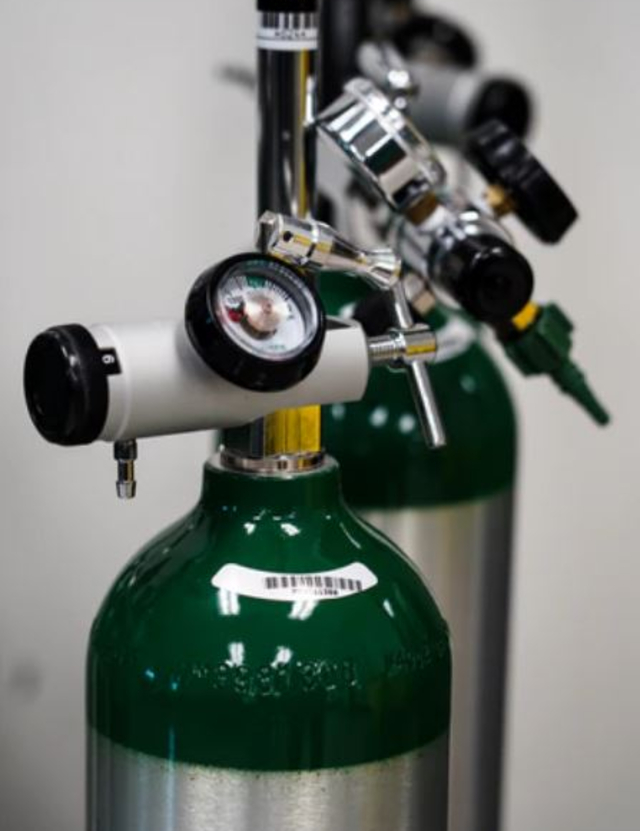Providing Online Portals for Urgent Respiratory and Critical Care Education During a Pandemic
Highlights

In response to the COVID-19 pandemic, PHI’s STAR program and its partners developed and deployed two new online platforms to disseminate educational materials and established a variety of approaches to respond to questions from health care professionals in low- and middle-income countries about providing care for COVID-19.
10K+ users from 150 low- and middle-income countries accessing COVID-19 critical care tutorials
4.7K unique visitors from 90 countries accessing a new educational resources website
-
Focus Areas
Communicable Disease Prevention, Global Health -
Expertise
Technical Assistance -
Strategic Initiatives
COVID-19
In 2020, the COVID-19 pandemic left many low- and middle-income countries (LMIC) around the world in urgent need of educational and technical support for their critical and respiratory health care operations. PHI’s Sustaining Technical and Analytic Resources (STAR) program and its partners centered their work around ventilator donations by the US government. But resource-variable countries often lack technical and educational materials healthcare providers need to appropriately use ventilators, provide respiratory care, and ensure needed oxygen supply for critically ill COVID-19 patients.
In partnership with the World Federation of Societies of Anaesthesiologists (WFSA), University of California San Francisco, Department of Anesthesiology and Perioperative Care, Division of Global Health Equity and other U.S. academic institutions, the STAR program developed and deployed two new online platforms for delivery of critical care educational material relevant to resource-variable settings. The OpenCriticalCare.org portal focuses on curating existing context-specific modules and courses relevant to COVID-19 critical care in LMICs with an emphasis on respiratory care. In addition, the team created several new resources, including a respiratory care pocket reference, an online calculator for predicting oxygen consumption, a case-based course that implementing partners could use for live teaching, and a COVID-19 clinical information Dashboard — a project consolidating global health guidelines from several highly respected global health authorities including the WHO, U.S. CDC, UCSF Global Health Sciences, and the NEJM (New England Journal of Medicine) Group. The PHI/UCSF team incorporated regular feedback from implementing partners and in country teams to ensure content was maximally beneficial to end users in LMICs.
 The other online portal is a new version of the WFSA Anaesthesia Tutorial of the Week (ATOTW) website. All content on both sites is openly accessible and allows users to access content directly from the web using desktop or mobile devices, without a login required. By the end of 2020, the new ATOTW website had received 500 users per day from about 150 countries, with each of the two new COVID tutorials receiving more than 5,000 users. OpenCriticalCare.org had received 4,700 unique visitors from 90 countries.
The other online portal is a new version of the WFSA Anaesthesia Tutorial of the Week (ATOTW) website. All content on both sites is openly accessible and allows users to access content directly from the web using desktop or mobile devices, without a login required. By the end of 2020, the new ATOTW website had received 500 users per day from about 150 countries, with each of the two new COVID tutorials receiving more than 5,000 users. OpenCriticalCare.org had received 4,700 unique visitors from 90 countries.
During the pandemic the STAR program played an integral role by providing essential, expert, global technical assistance for the U.S. government donation of over 10,000 ventilators to more than 40 LMICs around the world. The program also knew that, in addition to their web portals, health care providers in LMICs would require more personalized and directed answers to specific questions about the use of ventilators and providing care for COVID-19. Yet experts with the ability to answer these questions are often hard to find in their countries and may be geographically distant from the providers in need.
To answer providers’ questions, the STAR/UCSF-WFSA team established a multi-layered approach to responding to technical issues about ventilators and common questions related to COVID. This includes an online directory of frequently asked questions received from implementing partners and in country teams. The FAQ has been automated to be accessible via the Internet and WhatsApp. They also conducted five webinars where 250 participants learned more and had the opportunity to ask questions. The team also began piloting weekly, live chat sessions via the OpenCriticalCare.org portal where users could chat directly with experts.
Work With Us
You change the world. We do the rest. Explore fiscal sponsorship at PHI.
Support Us
Together, we can accelerate our response to public health’s most critical issues.
Find Employment
Begin your career at the Public Health Institute.
